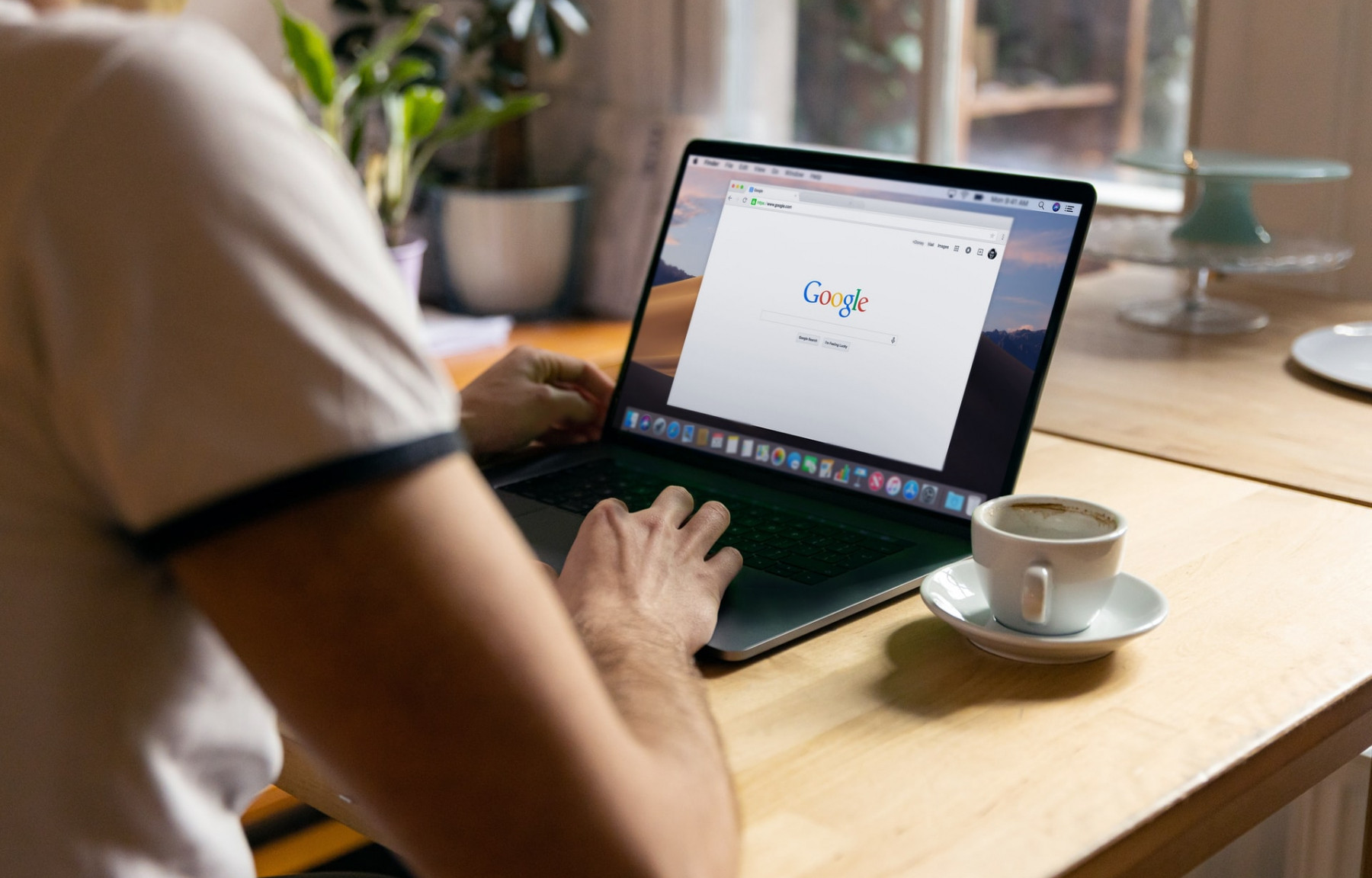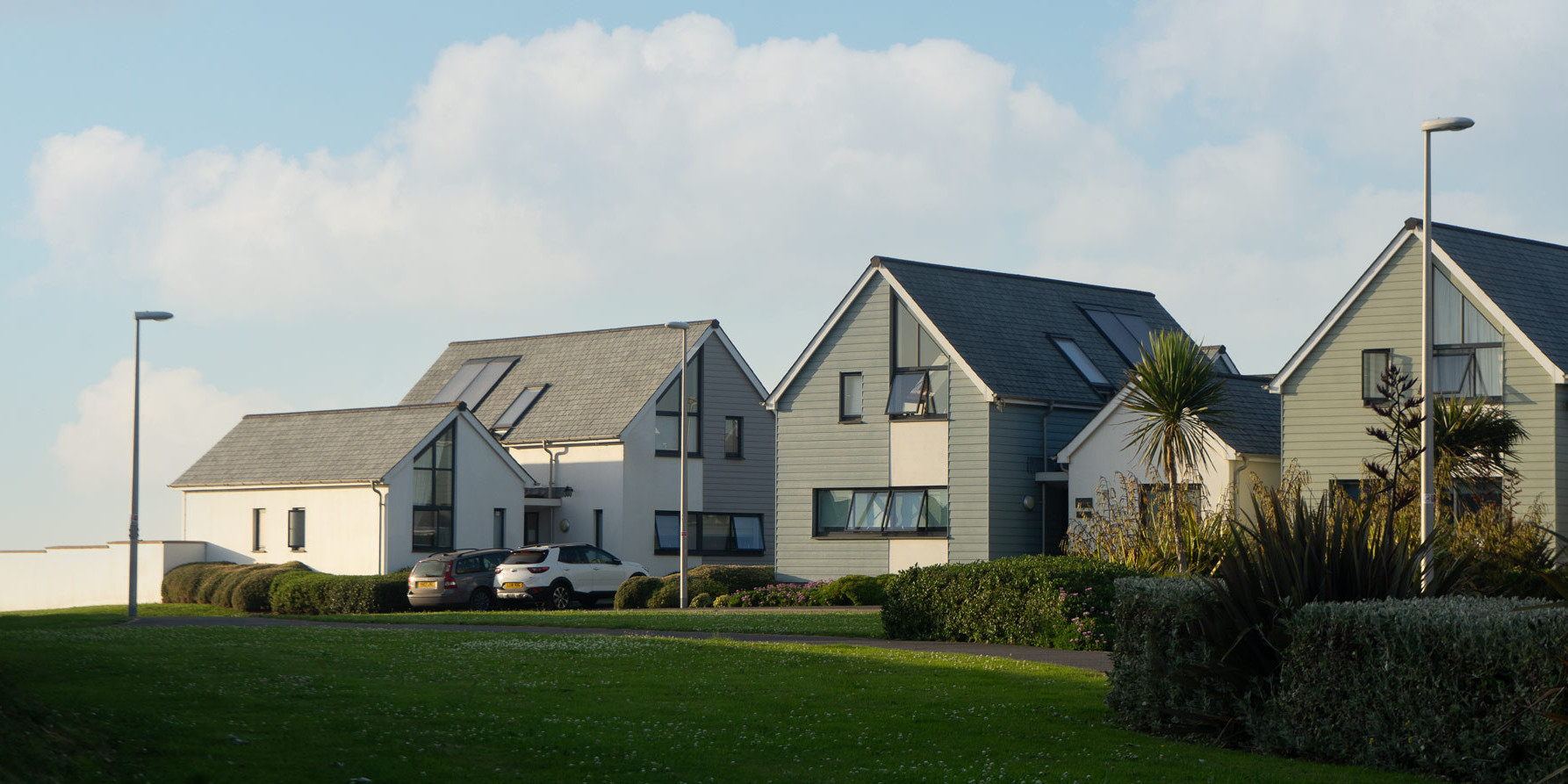
Why Is SEO Important?
If your business is operating on the internet, then somewhere down the line, you've probably heard of SEO. It stands for "search engine optimisation" and covers a range of activities with websites that essentially aim to do one thing:
Make your website appear at the top of search engine results, like Google, with the aim of driving as much organic, relevant traffic to your website as possible. With more traffic - you should drive more sales, leads and enquiries.
And don't get us wrong, SEO is one of the most important and continuously evolving marketing activities you can do for a website - so, it's always amazing to us how little people know about it and how to do it effectively.
With that in mind, the aim of this blog is to go over exactly what SEO is, what types of activities are part of SEO and then how you can carry it out effectively for your own website!
What is SEO & How Does it Benefit Me?
We'll start at the beginning and go over exactly what SEO is and how it will benefit your website and business.
When you first launch a website, you as the owner will want to get that website in front of as many people as possible. We often describe it as your digital shopfront. With traditional "brick & mortar" businesses, you get organic footfall from people walking past your shop. SEO is the online equivalent of this, offering a natural footfall on a shop.
When the SEO process is carried out, the results should be an organic footfall of traffic to your website however, this time, a more targetted footfall as your customers will be finding you through searching on Google and other related platforms.
This means, as long as your SEO is done correctly, you should see an increase in leads, enquiries and sales - and who doesn't want more of those?
What is more, SEO is free despite other forms of online advertising, for example, Facebook ads. Although you can pay for an SEO expert to help you (which is sometimes advisable to get the best results), the methods that they will carry out are skills that can be learnt and carried out yourself for free. This means that SEO can also become one of the most cost-effective marketing activities out there!
What Makes Up SEO?
SEO has four different arms to it. These are on-page SEO, off-page SEO, technical SEO and local SEO. Each of these aims to improve your ranking through different techniques.
On-page SEO: This refers to the process of optimising all of the content on your website. This includes keywords, headings, meta-information, images and more. Through optimising your content, you look to increase the visibility of your website for certain keywords. For example, if you're looking to target holiday let owners in Devon looking for property management services, all of your content should reflect keywords your audience would be searching for and around.
Off-page SEO: This refers to everything that happens off of your website that improves your SEO. The activities done here are all about creating trust and exposure for your business leading to more sales. The most common form of off-page SEO is link building - the process of getting other external sites to add links to your site. This is called a backlink.
In completely layman terms, the more backlinks you have to your website, the more authority and trust your website looks to have so the higher search engines will rank you.
Technical SEO: This refers to making optimisations to the "code" of your website to make it easier for search engines to crawl. Crawling is the term used when search engines find your website and the resulting processes they carry out. After crawling, your website is usually listed in their directory. Search engines and how they rank is getting more and more complex, so the work behind technical SEO is always evolving.
Local SEO: This refers to SEO activity that focuses on results being driven in local areas and communities over nationally. It aims to increase exposure and awareness of your business in small areas driving local customers. For example, often, how well you rank on Google depends on your Google My Business profile. This is where you include your address, business hours, description, reviews and photos.
The search engine results pages will look at proximity, relevance, and prominence based on the user’s search query, and rank your business if you meet various requirements.
Local SEO isn't for every business - but it's certainly worth considering.

How to Improve Your On-page SEO
Cool, so now we know about what SEO is and the different arms of it, let's move onto how we improve each of the areas.
On-page SEO is relatively self-explanatory and as a recap, looks at adjusting the physical content on your website in order to rank on search engines for certain keywords.
To improve your on-page SEO, some good starting points to look at are:
Keyword research - this is the process of determining what keywords and search terms you want your website to rank for. You'll need to research which keywords have high relevance to your audience and weigh up against search volume and difficulty to rank for. The most ideal keywords are the ones that are highly relevant to your business, have a large search volume but low difficulty. This means you're likely to rank!
Optimising your metadata - learn about metadata and what it's made up of. Once you know, you need to look to optimise it for rankings. Include relevant keywords and phrases to your business to improve your chances of ranking.
Get internal linking - internal links are URLs that link to other pages on your website. Insert links on targeted keywords in your copy and link to your popular pages to better help Google read your site, and to make it more user friendly.
How to Improve Your Off-page SEO
Off-page SEO is next and is simply a matter of time. The best thing to focus on is getting backlinks to your website, so getting other websites to link to yours. Here are a few ways you can look to do that.
Social media - this is possibly the easiest as it allows you to backlink yourself through user-generated content. Putting your website link in your "bios" and in posts all count as backlinks and will improve your website authority. This drives traffic directly but also shows search engines your website is popular and therefore, more likely to be a trusted source. Social media sites we've found effective in generating backlinks are Medium, Quora, Twitter, Facebook & Instagram.
Guest posting - it's more work, but many online blogs and publications accept guest writers to generate content for them. If you can encourage one of those to let you post, you'll be able to backlink your website there.
Competitor research - look at your competitors and see where their backlinks are from. You may be able to find a way to get a backlink there too for your website.
A top tip for an effective backlink is to make sure that your acquired links are earned, come from authoritative sources, bring qualified traffic, are “follow” links, and are from relevant sites to your own. This will create a high-quality backlink and hopefully, generate you traffic as well as rank you higher in search engines.
How to Improve Your Technical SEO
This is probably the hardest to do as a non-technical website owner. Technical SEO requires your first learn a little bit about how websites work behind the scene, how search engines crawl a website and how they rank accordingly. Technical SEO is a bit more in-depth than we'll be able to go through in this blog, however, some pointers in the right direction for research are:
Make sure your website is fast - Google and other search engines penalise a website based on its performance so make sure yours is as fast as it can be. Not only do slow websites lose you, customers, through a poor experience but search engines rank you lower too. There's a variety of reasons why a website can be slow. But make sure your images are properly sized and web optimised, you're lazy loading content, your client-side scripts are lightweight and fast, there's no unnecessary CSS and your scripts & styles are minified.
Make sure your website is mobile-friendly - many users are now using mobile devices to browse. Check your site on a mobile device to ensure that it’s easy to navigate, loads fast and is optimised for any visitors finding you through a mobile device.
Ensure site structure is sound - make sure your website has SSL, a user-friendly and consistent URL structure, consistent internal links and a sitemap.xml to help with crawling.
How to Improve Your Local SEO
A focus on local SEO is pretty easy - you can:
Get started with Google My Business - it's a free way to list your business and have it appear on localised searches. If someone is in Devon looking for an accountant, your business is far more likely to appear!
Local listing pages - list your business on other lead generation websites alongside your own website. Think Yell, TripAdvisor & Bark. Adding your website here can boost backlinks but also allow your listing to appear on local user searches.
Localised landing pages - if your website allows you to add extra pages, creating "location landing pages" is an amazing way to rank locally. If you're a website design company in Manchester but want to target Bristol - creating a landing page with keywords associated with this place and your services will up your chances of being ranked. These location pages are often hidden from your average user unless they find you on search engines.
Conclusions
We hope you found this blog useful in getting you started with SEO. If you've never dived into it before, hopefully, this gives you a place to start and build from!









